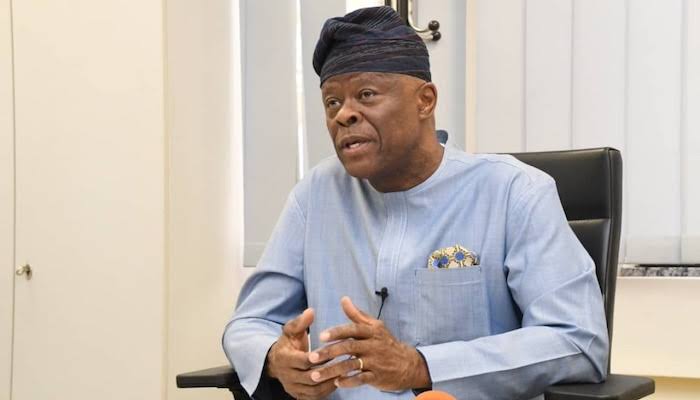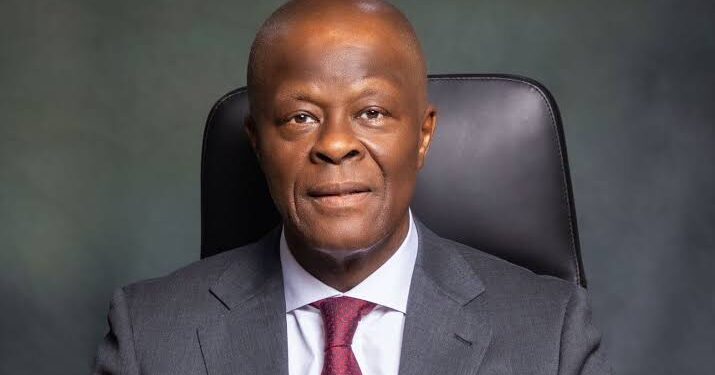Nigeria’s Finance Minister, Wale Edun, said that President Bola Tinubu’s important economic changes, including the removal of the fuel subsidy and the floating of the naira, have saved the country $20 billion. This amount is equal to 5% of Nigeria’s Gross Domestic Product (GDP).
Speaking at an event in Abuja to celebrate the first 100 days of Esther Walson-Jack, the Head of Civil Service of the Federation, Edun explained that these changes have redirected significant funds previously spent on subsidies into important areas like infrastructure, health, and education.

“When these subsidies were in place, they consumed about 5% of GDP—that’s almost $20 billion every year—funds that are now being allocated for development,” Edun explained. He noted that the changes, while initially difficult for Nigerians, are now clearly beneficial after 18 months.
Edun pointed out that getting rid of subsidies has discouraged speculative activities and rent-seeking, paving the way for legitimate business opportunities and economic growth. He also urged Nigerians to grab the opportunities made possible by these changes, especially in agriculture and export-driven manufacturing.
Meanwhile, Walson-Jack introduced new policies designed to make the civil service work better, be more professional, and compete better globally. These policies include ways to reward and recognize good work, a system for mentoring, and rules for using federal offices.
The Finance Minister praised Walson-Jack’s leadership, stating, “Her methods are setting up a vibrant, technology-focused civil service that fits with President Tinubu’s plans for change.”

















